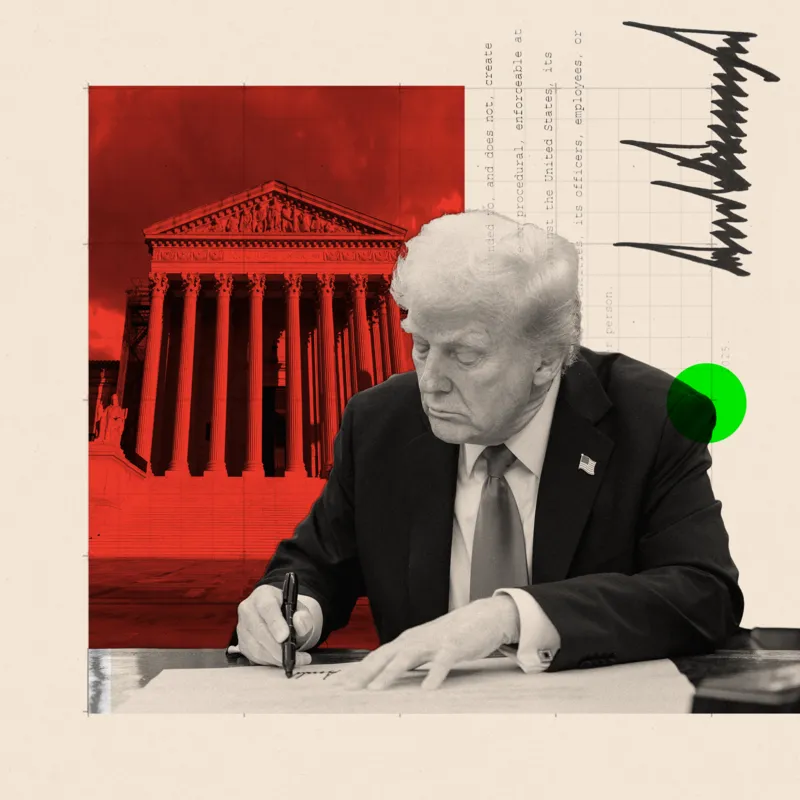Former President Donald Trump is strategically using the U.S. legal system not just as a defense mechanism but as a political weapon to reshape the scope of presidential authority. From invoking sweeping claims of immunity to delaying trials through appeals, Trump’s legal maneuvers are pushing the judiciary to define the boundaries of presidential power in ways never tested before.

He argues that presidents should be immune from criminal prosecution for actions taken while in office—a stance critics say could open the door to unchecked executive behavior.
These efforts, while aimed at protecting himself from legal consequences, are also setting dangerous or transformative precedents, depending on legal interpretation. The Supreme Court’s recent involvement in cases relating to Trump’s immunity has already weakened the urgency of some prosecutions against him, signaling a potential shift in the balance of powers among the branches of government.
If these legal arguments are upheld or continue to delay consequences, they may permanently alter the legal framework of presidential accountability for future administrations.
Donald Trump is using legal arguments and court cases to challenge the limits of presidential accountability. By asserting broad immunity and slowing prosecutions, he’s influencing how courts define executive power. His strategy could expand the authority of future presidents and significantly shift the legal boundaries of U.S. democracy.
Trump legal strategy, Presidential immunity debate, Executive power expansion

